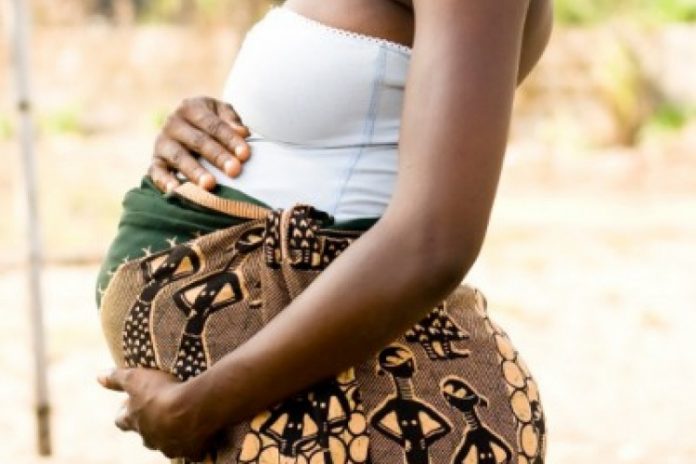The United Nations Children’s Fund (UNICEF) and the Ghana Health Service (GHS) have drawn up a comprehensive Social and Behavioral Change Communication (SBCC) Strategy, aimed at tackling General Adolescent Reproductive Health Issues in Ghana as the country’s Teenage Pregnancy figures remain alarming.
The strategy comes at a time more than a hundred and two thousand girls about a tenth of girls in Ghana got pregnant last year with over a thousand documented to have dropped out of school as a result.

The base line study informing the SBC Strategy indicates that out of every ten adolescents aged between 9 and 18 years, about four are sexually active.
Presenting the findings in Kumasi, lead researcher with Kantar and Lecturer with the University of Cape Coast Dr Joshua amo Adjei disclosed that 40% of sexually active adolescents were females with 29% constituting boys.

Of the number, the study revealed that more than half of sexually exposed adolescents were coerced into engaging in their first sexual encounter.
He explained that the research drew correspondents from three districts with high prevalence of teenage pregnancy in the Bono East Region.
A key concern revealed in the survey was social and institutional barriers to accessing Adolescent Reproductive Health Services.
It indicated that Even though such adolescent birth control methods were available in diverse levels of adequacy across health facilities, only 12% of girls and 5% of boys have ever accessed them.
Ashanti Regional Director of Health Dr Emmanuel Tenkorang attributed it to the stigma and victimization of youth found patronizing such facilities.
He explained, “When you get to our facilities, these services like contraceptives, safe abortion care and others are there but unfortunately utilization in our facilities among the youth is low. People will not come to us because of the fear that somebody might see them and report to a parent or their friend and all these are challenges,”
The Health Director also pointed to the unfettered access to sexually suggestive and misleading campaigns on social media, informing the sexual decisions and health seeking behavior of the youth.
The findings have been codified into a Social and Behavioral Change Communication Strategy currently being run in five pilot districts in the Ashanti, Eastern and Greater Accra Regions.
SBC Officer with UNICEF, Charity Nikoi was positive this strategy which contains Information, Education and Communication Materials, media and community engagements and direct interactions with key stakeholder populations, could lead the way in finding lasting solutions to the worrisome trend.
“We are doing this considering the social determinants from the point of view of the adolescents and their parents; and also the institutional determinants from the health service providers so we could come together to find the best solutions that will help our adolescents in Ghana.” She noted.
The research funded by Global Affairs Canada and supported by the UNFPA is also expected to provide evidence based rewards that support policy considerations on comprehensive adolescent reproductive health services in the country.
By: Source: Ghana/Starrfm.com.gh/103.5FM/Ivan Heathcote–Fumador




